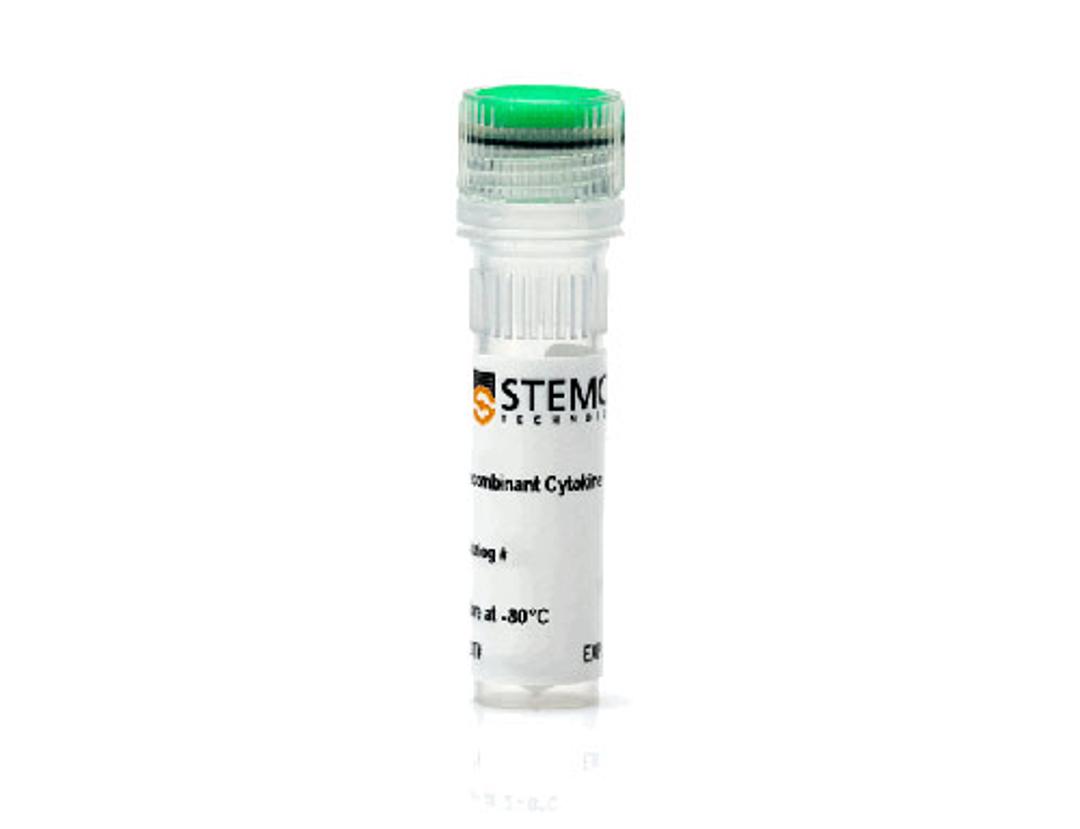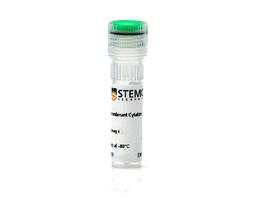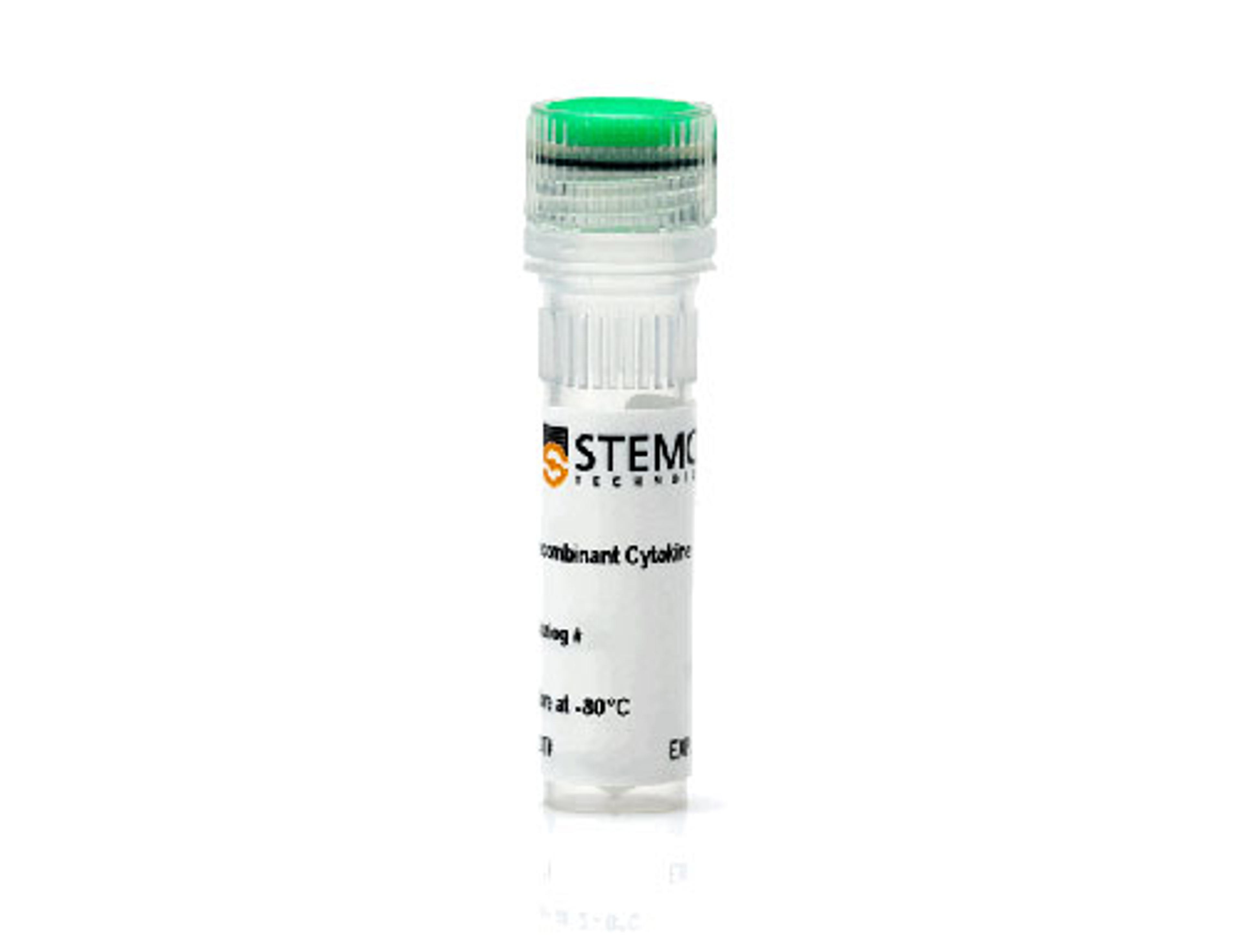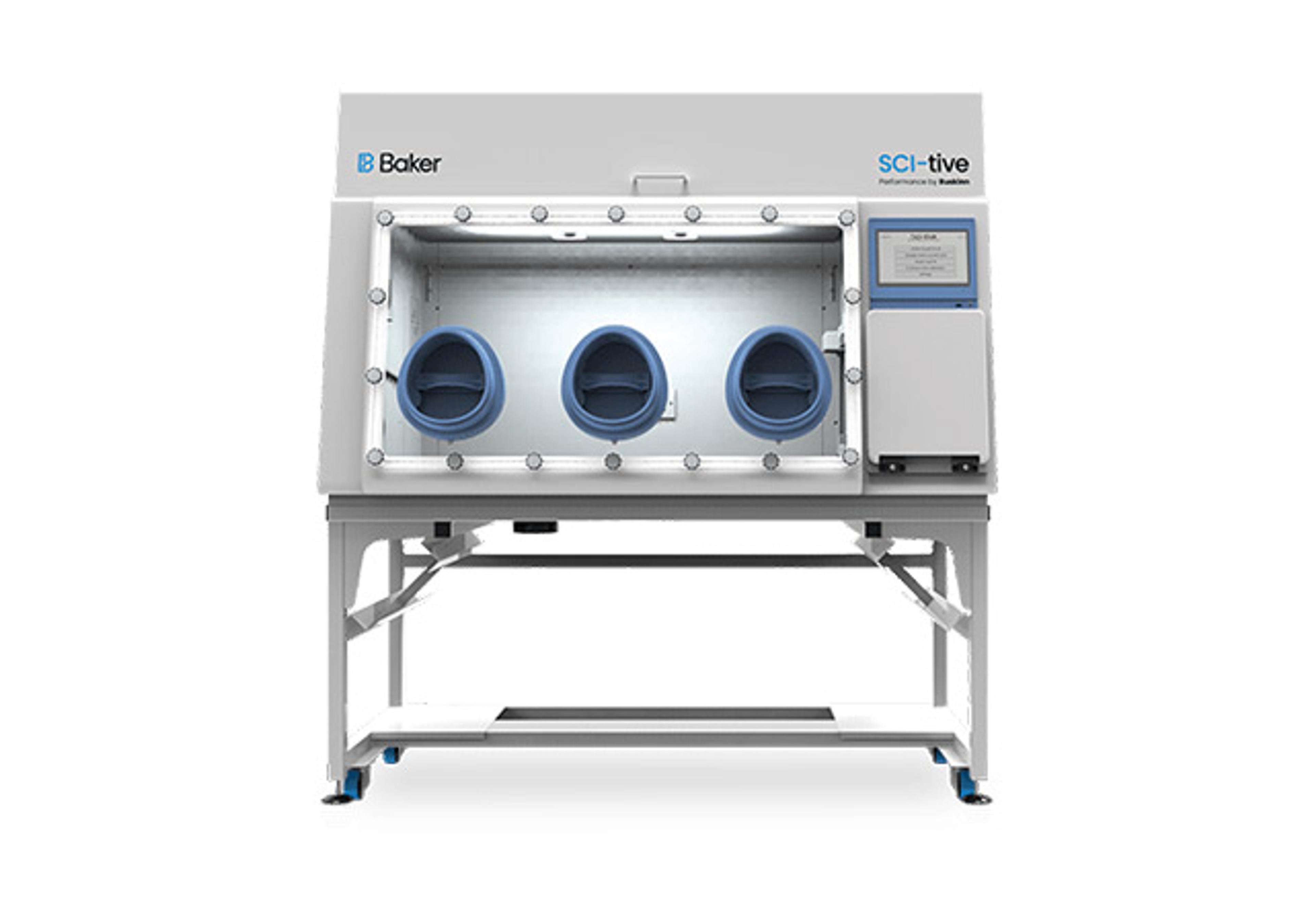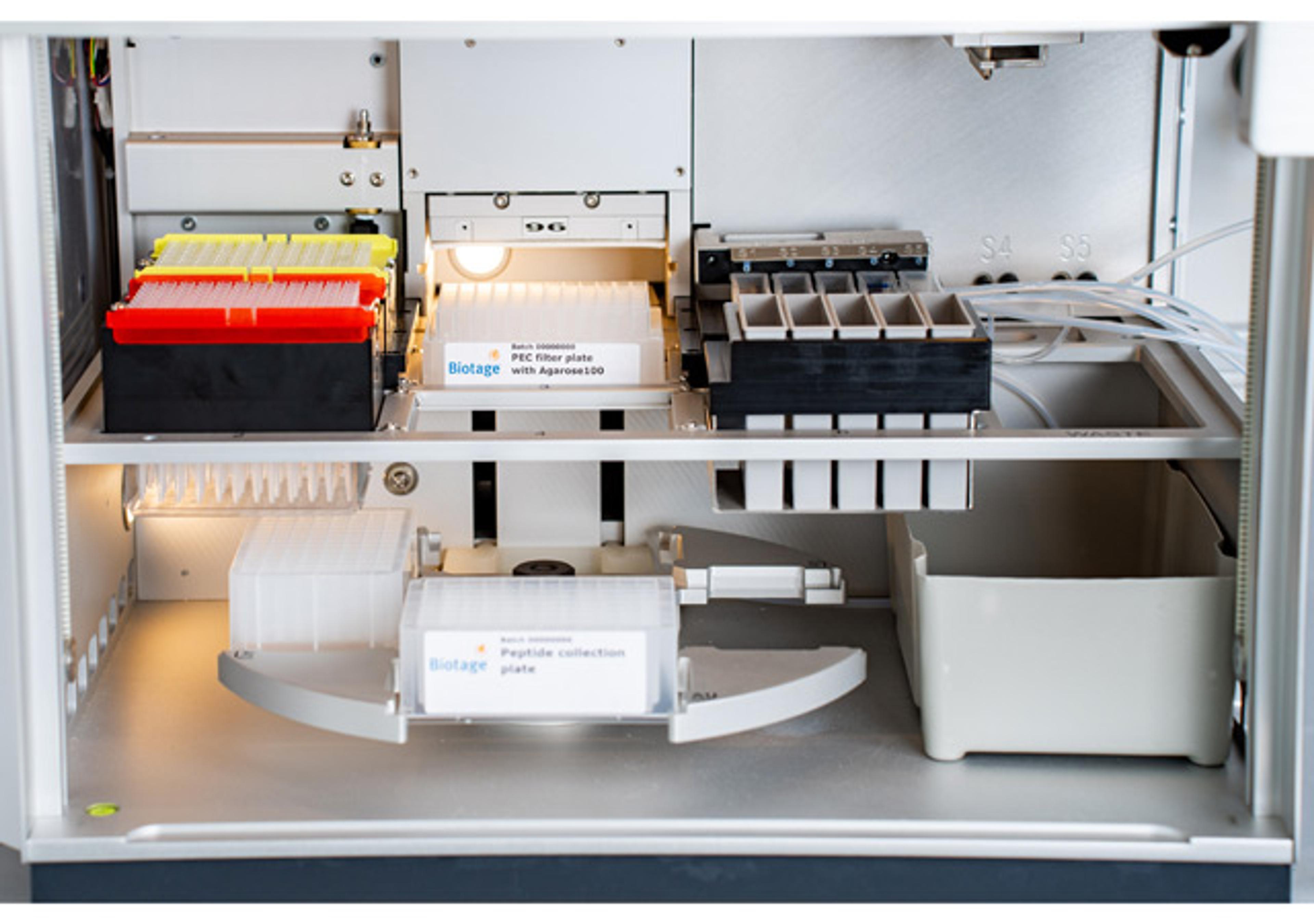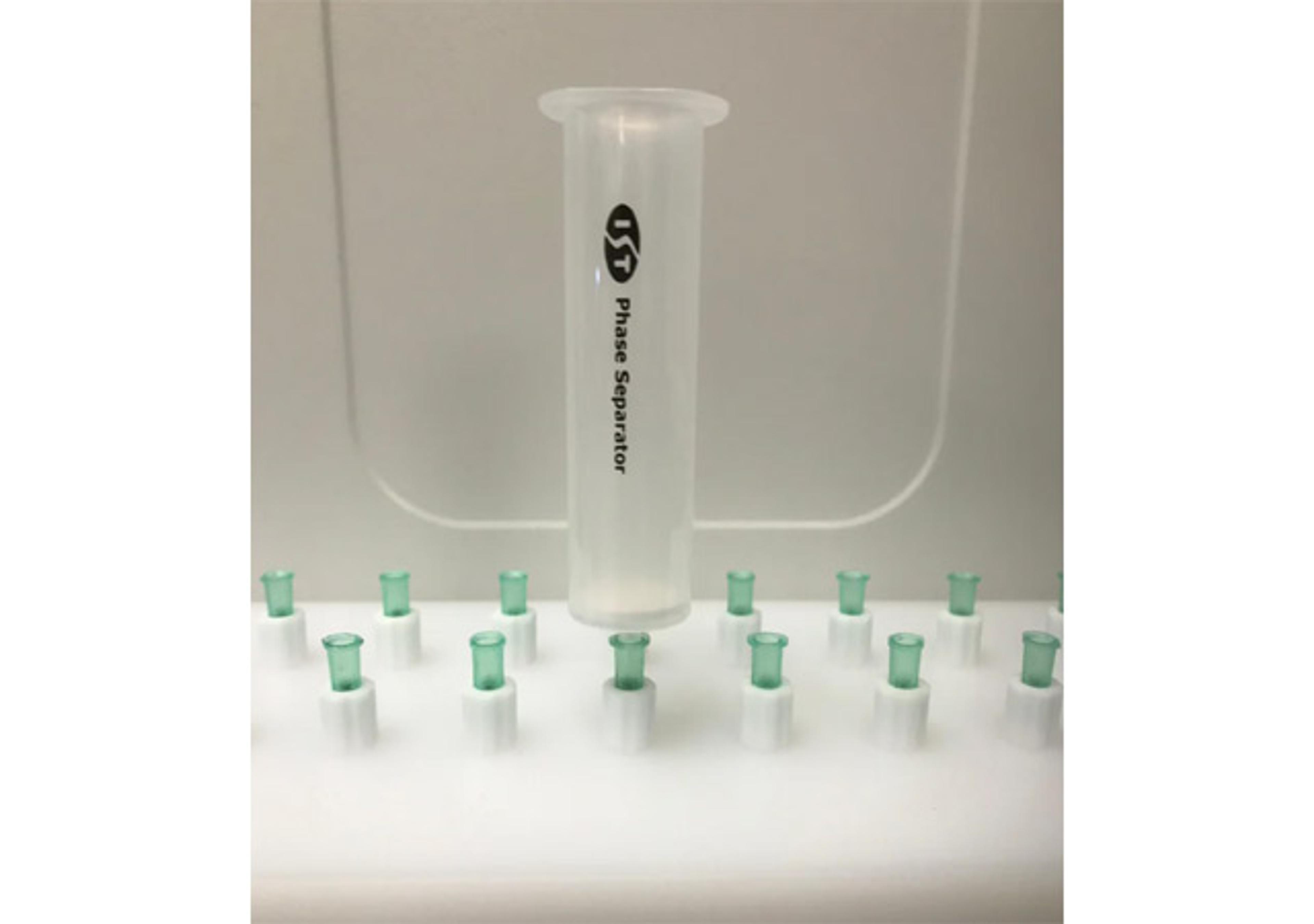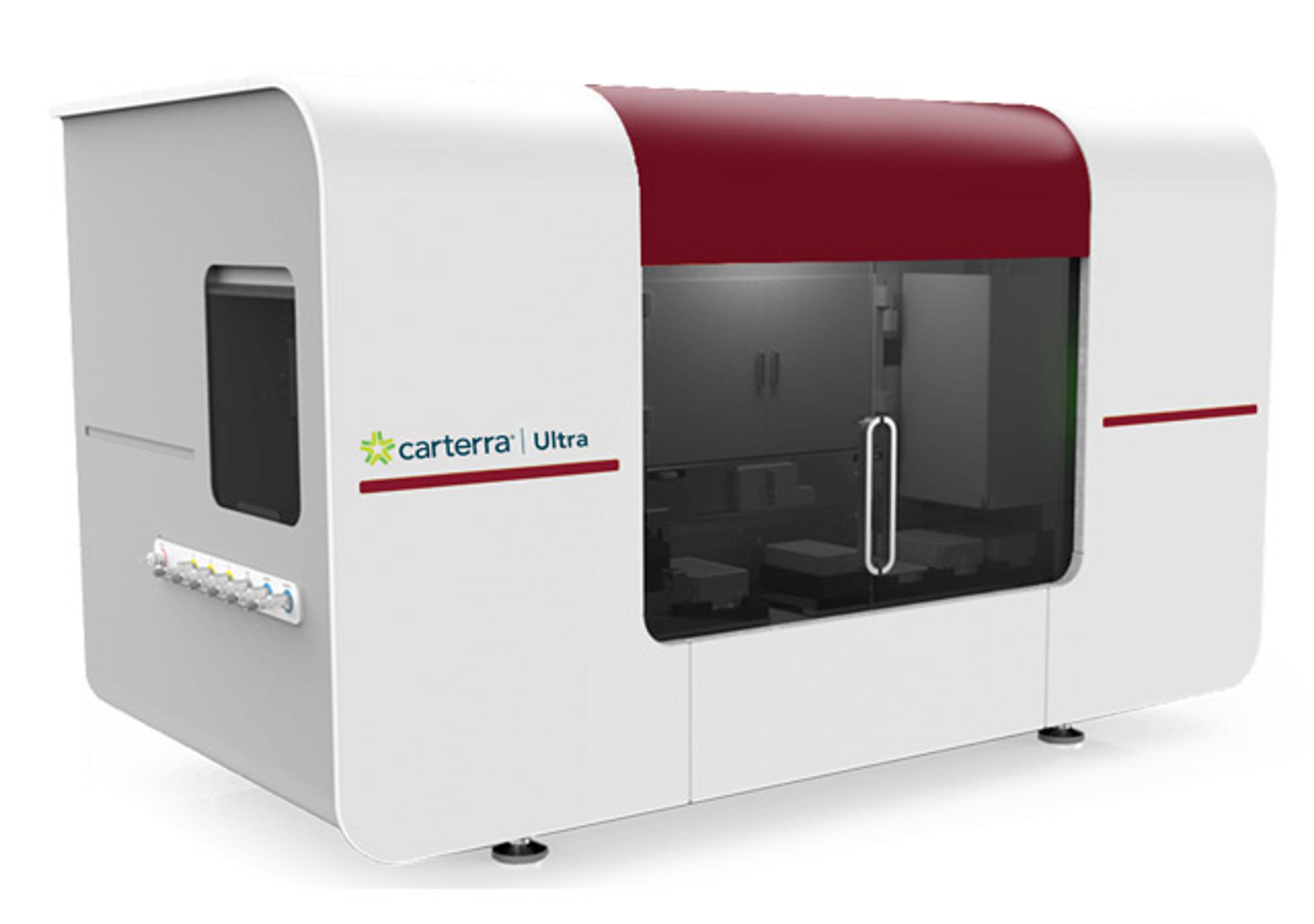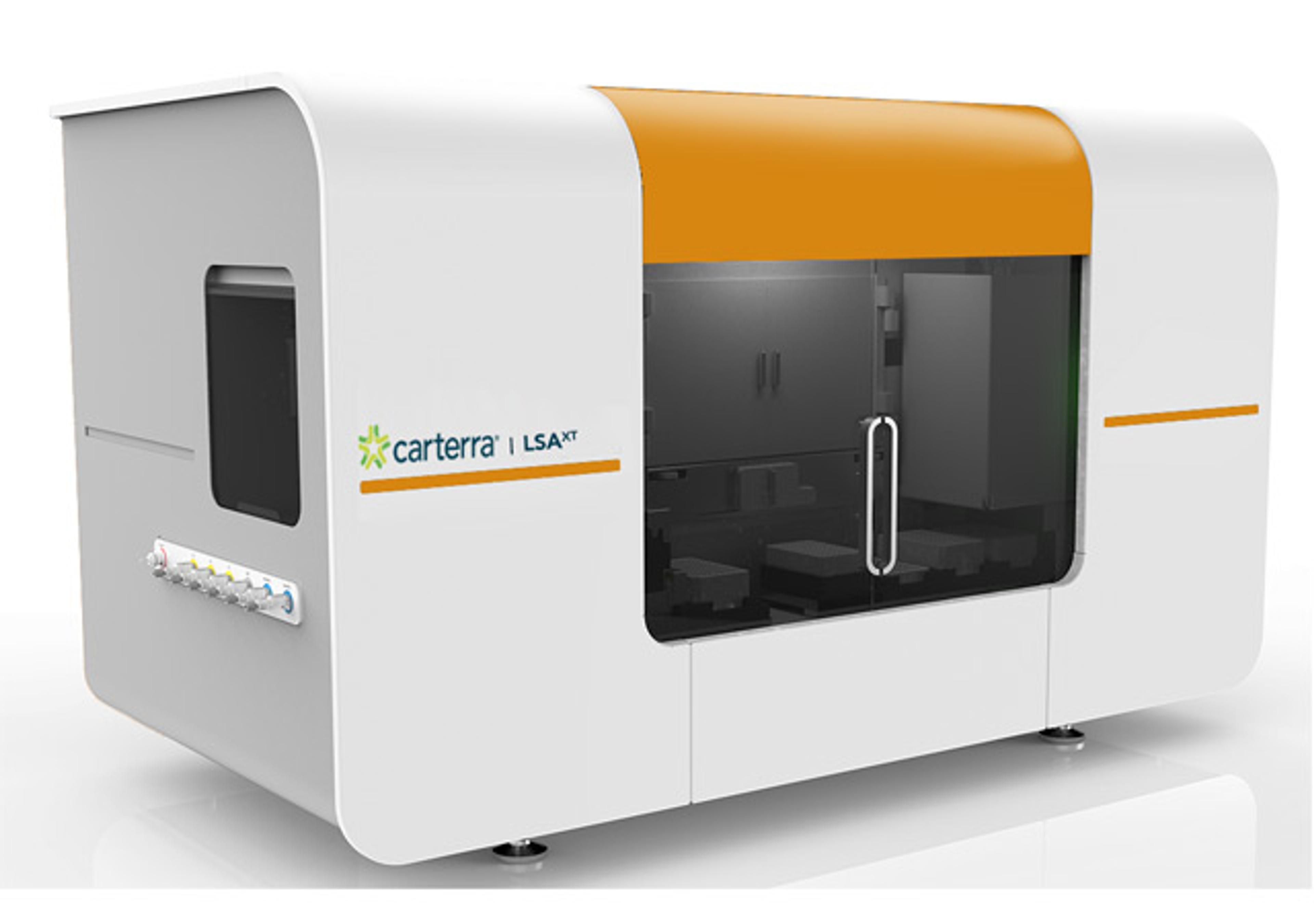Mouse Recombinant VEGF-164
Vascular endothelial growth factor

The supplier does not provide quotations for this product through SelectScience. You can search for similar products in our Product Directory.
Vascular endothelial growth factor (VEGF) is a heparin-binding homodimeric glycoprotein involved in vasculogenesis and angiogenesis. VEGF binds to FLT1 (VEGFR-1) and KDR (VEGFR-2), and activates Raf/MEK/ERK and PI3K/AKT pathways (Ferrara et al.). VEGF exists in multiple isoforms that result from alternative splicing of VEGF mRNA in the terminal exon. Proximal splice-site selection in exon 8 results in pro-angiogenic VEGFxxx isoforms (xxx is the number of amino acids), whereas distal splice-site selection results in anti-angiogenic VEGFxxxb isoforms (Nowak et al.). VEGF plays an important role in neurogenesis both in vitro and in vivo (Storkebaum et al.). It has neurotrophic effects on neurons of the central nervous system, and it promotes growth and survival of dopaminergic neurons and astrocytes. VEGF also promotes growth and survival of vascular endothelial cells, monocyte chemotaxis, and colony formation by granulocyte-macrophage progenitor cells (Ferrara et al.). Various splice variants of VEGF exist, with different functions. For example, it has been shown that VEGF isoform VEGF-164(165) and not VEGF-120(121) induces inflammation, stimulates intracellular adhesion molecule (ICAM)-1 expression on endothelial cells, and induces chemotaxis of monocytes (Usui et al.).

